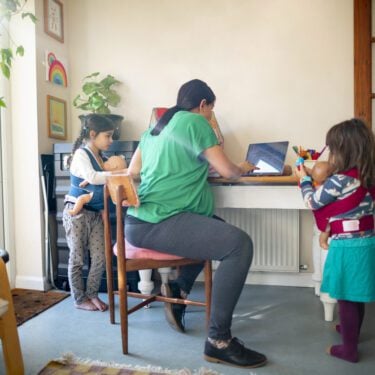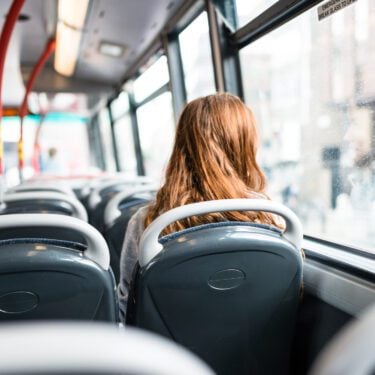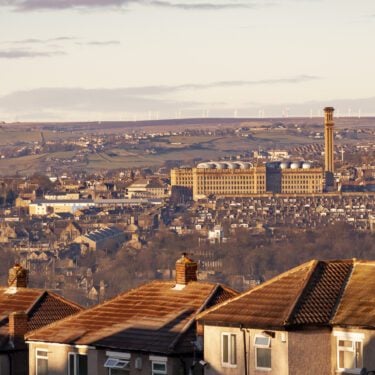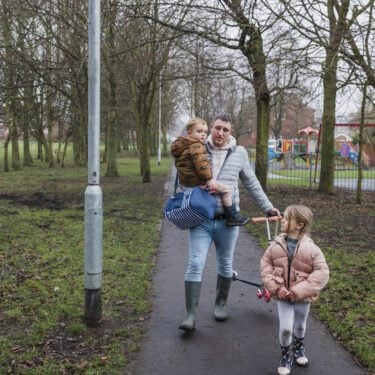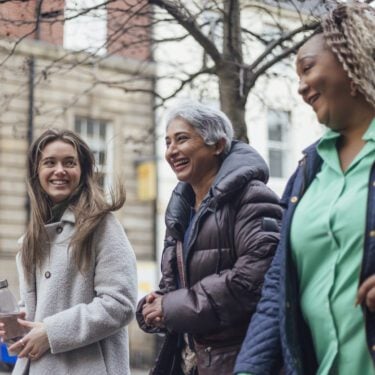-
Professor Keon WestRunnymede Trust
-
Dr Divya JyotiLancaster University
-
Alice MartinLancaster University
-
Rebecca FlorissonLancaster University
-
Aman NavaniLancaster University
-
Martin QuinnLancaster University
Project overview
This project will highlight the untold stories of communities of colour in England’s post-industrial areas.
Why this project is important
2024 was a troubling period for race relations in Britain, with racialised narratives around immigration and unrest amplifying fear and division. Despite growing racial diversity in post-industrial locations, the legacies of deindustrialisation for communities of colour, the persistence of employment inequalities in post-industrial cities, and the potential for racially inclusive regeneration have been under-researched.
What it will involve
The research team aim to address the multifaceted consequences of deindustrialisation through the lens of race, providing new evidence to advance understanding and inform policy. They seek to challenge narratives of decline and division, aiming to redefine how Britain’s industrial legacy is understood and addressed.
The project will answer the following questions:
- What is the social cost of deindustrialisation and how has this been experienced by communities of colour?
- How are communities of colour affected by insecure work in the economy today and, in particular, in post-industrial regions where higher levels of insecurity, unemployment, and inactivity often coincide?
- How should local actors and policy makers regenerate labour markets to ensure good jobs for diverse communities in formerly industrial regions?
The research will be completed in four stages:
- Scoping five areas in the Midlands and North of England to select three primary research locations; conducting literature reviews and data profiles of study areas; and establishing networks with local organisations.
- Conducting participatory walking interviews and community reminiscence workshops to explore the social cost of deindustrialisation.
- Analysing labour market experiences for communities of colour in deindustrialised and non-deindustrialised locations.
- Convening policy cafe sessions to reimagine inclusive labour market regeneration, identifying challenges and opportunities for equitable change.
How it will make a difference
Findings will be shared with key stakeholders, including local businesses, policymakers, educational institutions, and community members. Outputs and activities will include:
- Policy briefings and data briefings on the ethnicity insecurity gap.
- Written report and long-form explainer video.
- Interactive maps and oral histories.
- Lesson plans for schools.
- Public community storytelling sessions to foster solidarity and understanding.










